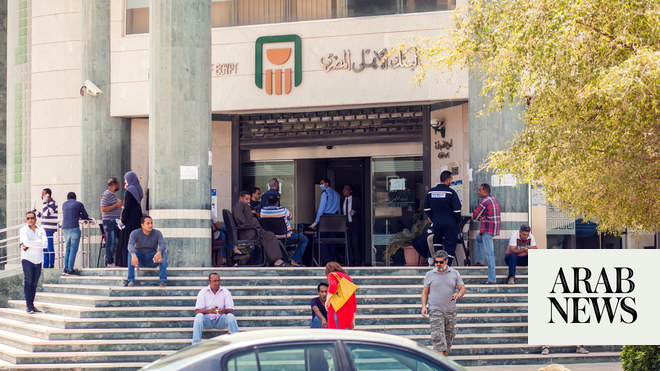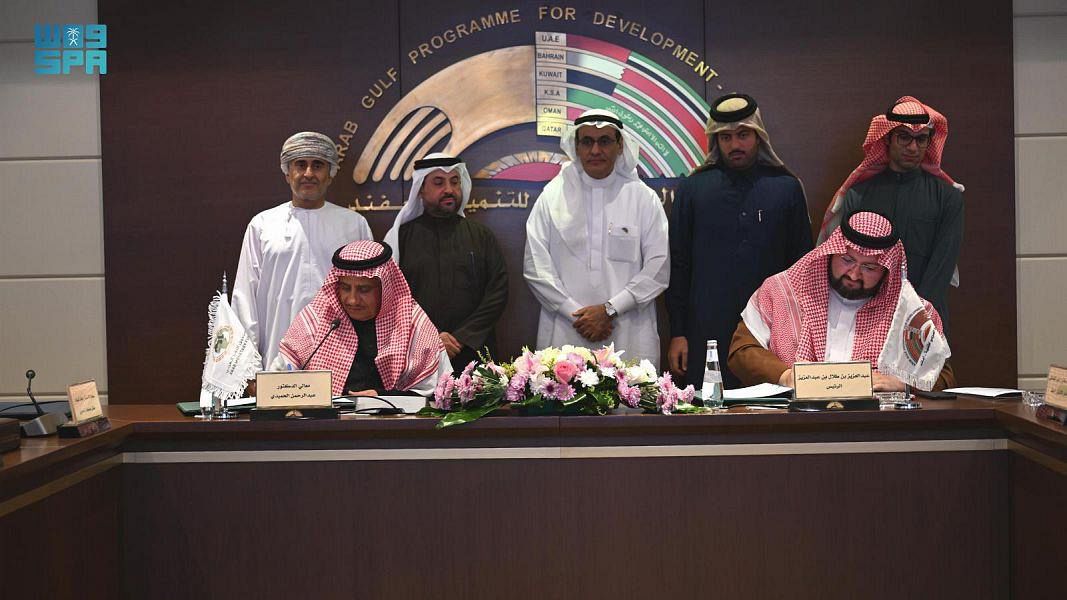
Abdul Rahman al-Humaidi, chairperson and director general of the Arab Monetary Fund, tackled several initiatives that are adopted by the Fund to achieve financial inclusiveness, to overcome obstacles facing youths and women in entering the labor market, to encourage creative ideas of youths in exploiting technology to create job opportunities, to withstand unemployment (29 percent in the Arab world) and to implement the recommendations of the conference Opportunity for All: Promoting Growth, Jobs, and Inclusion in the Arab World.
Humaidi, during an interview with Asharq Al-Awsat, said that youths represent 70 percent of the population formation and this is a blessing that must be exploited.
The Fund organizes mid-Feb in Dubai the third Arab financial forum, which witnesses participation of the IMF and a large number of Arab finance ministers, financial experts and international institutions to exchange expertise and help Arab states face the deficit in their expenditures balances.
Commenting on the Arab Monetary Fund participation in Opportunity for All Conference, he stated that the Fund is a basic organizer of the conference whose goals are to focus on the youths categories, knowing that the youths under 40 years old in the Arab world represent 70 percent while in other parts of the world they suffer from aging.
The Arab Monetary Fund is working with governments, and there is also the financial inclusion initiative. Main component of the financial inclusion is how to reach out to youths and enroll them in the financial sector and how to empower them to achieve funding.
Humaidi stated that all the Arab states have interest in financial inclusion, and there are diverse experiences. Morocco has an experience in financial inclusion and linking it to education. Jordan has similar experience with micro-enterprises and small enterprises. In Lebanon, there is also an experience through the Central Bank, the same applies to Sudan. In Kuwait, the experience is embodied through a fund that supports SMEs, while Saudi Arabia’s through Kafalah Program and Egypt via companies to ensure the lending of farmers’ medium and small projects.
According to him, one of the key challenges facing the Arab world is the hike of unemployment rate among youths. Yet he assured that this high rate should not lead to intimidation in case this category was managed properly to work and create. Humaidi underpinned the necessity of SMEs to accomplish an economic renaissance in the Arab world because they are the main exploiter of energies, especially the youths, with SMEs volume ranging between 20 to 40 percent in the region. He highlighted the importance of creating an encouraging environment for such projects.
He stressed that there is always an optimism, and the Arab Monetary Fund has a current program to fund the Arab structural trade with a one billion dollar capital to support Arab structural exports and imports, and also to reinforce capital goods imports from outside the Arab world.
Humaidi remarked that despite the drop in structural trade, this remains a positive indicator because many of the Arab exports and imports belong to SMEs. Further, discussions are being held to reinforce the program resources to help in overcoming obstacles that hinder structural trade.








